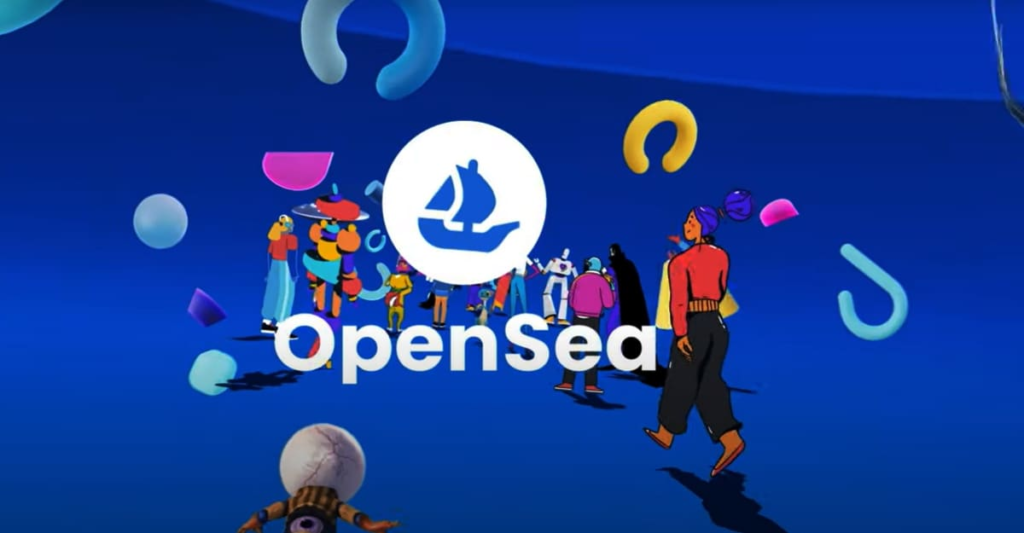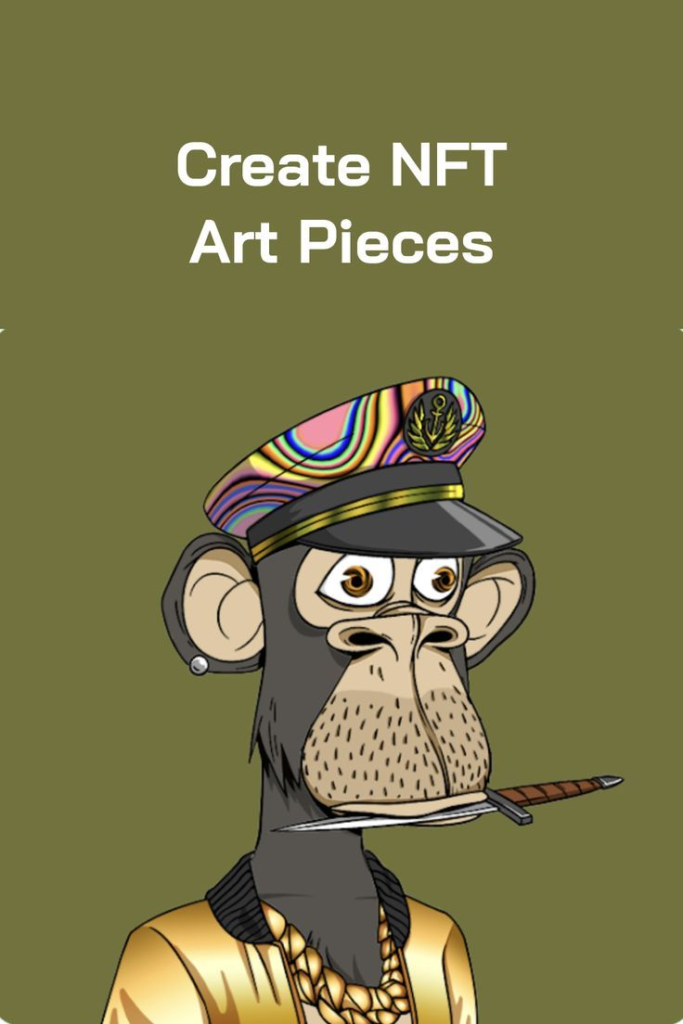The top NFT marketplace only promotes creator royalties after facing backlash for doing things differently.
In spite of strong community opposition, OpenSea, the largest NFT platform in terms of trade volume, announced today that it will keep enforcing creator royalties on NFTs.

The company stated in a Twitter thread, “We will continue to impose creator fees on all existing collections. “We’re amazed by the enthusiasm we’ve witnessed this week from both makers and collectors. Your feedback was loud and clear when we were looking for it.
On Saturday, OpenSea announced that it was reevaluating its position about the demand for creator royalty fees on NFTs. This followed other rival marketplaces either rejecting such fees or giving traders the choice of paying them or not. The royalty rate, which is typically between 5% and 10% of the secondary sale price, is decided by the NFT artist or creator.

OpenSea set a deadline of December 8 for the community’s input and to consider potential next actions, such as making creator fees optional for traders, only enforcing them on specific sorts of NFT collections, or implementing new enforcement methods.
The possibility that the biggest NFT platform on the market would stop collecting royalties alarmed several major producers, including Yuga Labs, the company behind Bored Ape Yacht Club. They started organizing among themselves and speaking out against OpenSea.

A well-known streetwear company, The Hundreds, stepped up its defense on Tuesday by announcing that it was postponing an OpenSea NFT launch this week. The company’s founders said, “May it be a reminder to them, to you, and to the world that the artists are always in control.”
According to its tweet, OpenSea received the message from the community “loud and clear.” The $13.3 billion Web3 startup stated that it was “seeking input from our community,” but it also provided data demonstrating that marketplaces that don’t pay royalties have been gaining ground in recent weeks, which has resulted in a decline in the market’s overall proportion of creative royalty fees.
According to OpenSea, “unless something changes quickly, this market is moving toward much lower rates given to producers.” “If this conduct persists, no policy we take will change this trend.”

Creators were instructed by OpenSea to make it simpler for merchants to pay royalties by offering them greater incentives to do so and pointing them toward markets that do so. It also made clear the necessity for more strategies for method enforcement.
OpenSea revealed a method for ensuring that fresh NFT projects pay their royalties on Saturday. The system is built on a blacklist that forbids marketplaces on the list from handling these transactions. The strategy targets OpenSea’s main rivals, marketplaces that don’t strictly enforce licensing fees. This action has been criticized as being anti-competitive.